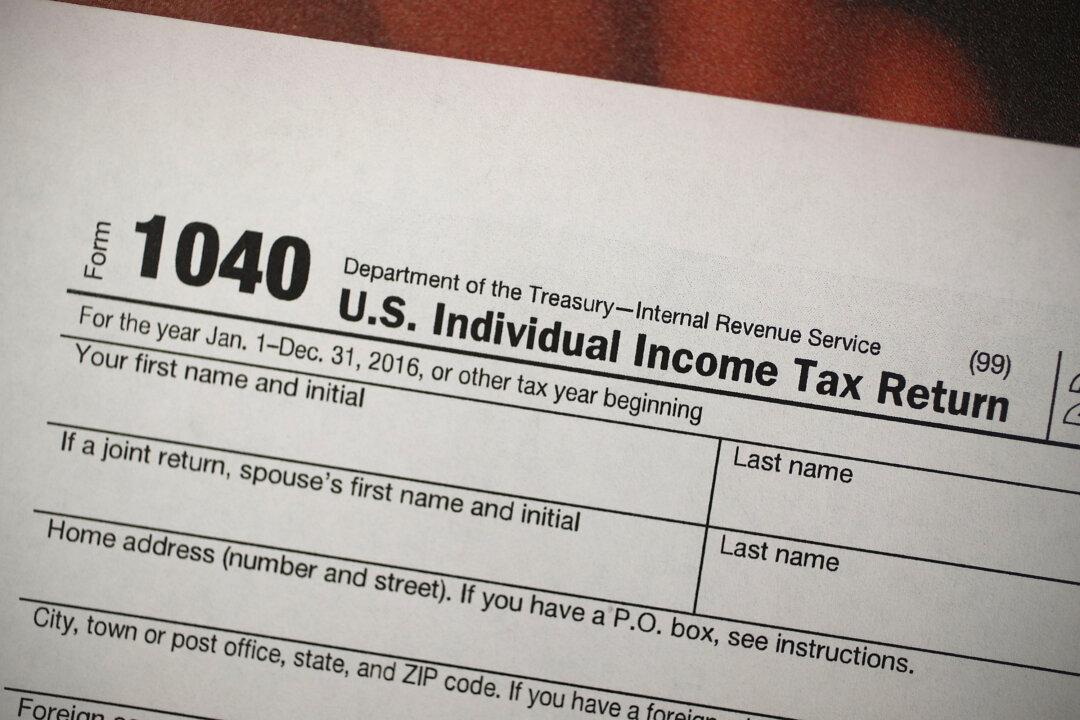The IRS chooses some taxpayers and audits their tax returns every year. And an audit is examining or reviewing your informations and accounts to ensure you’re reporting things correctly and following the tax laws, which is troublesome for taxpayers.
In 2016, the IRS audited one million tax returns. Although this is less than one percent of the U.S. population, you should still be prepared–just in case you’re audited.






